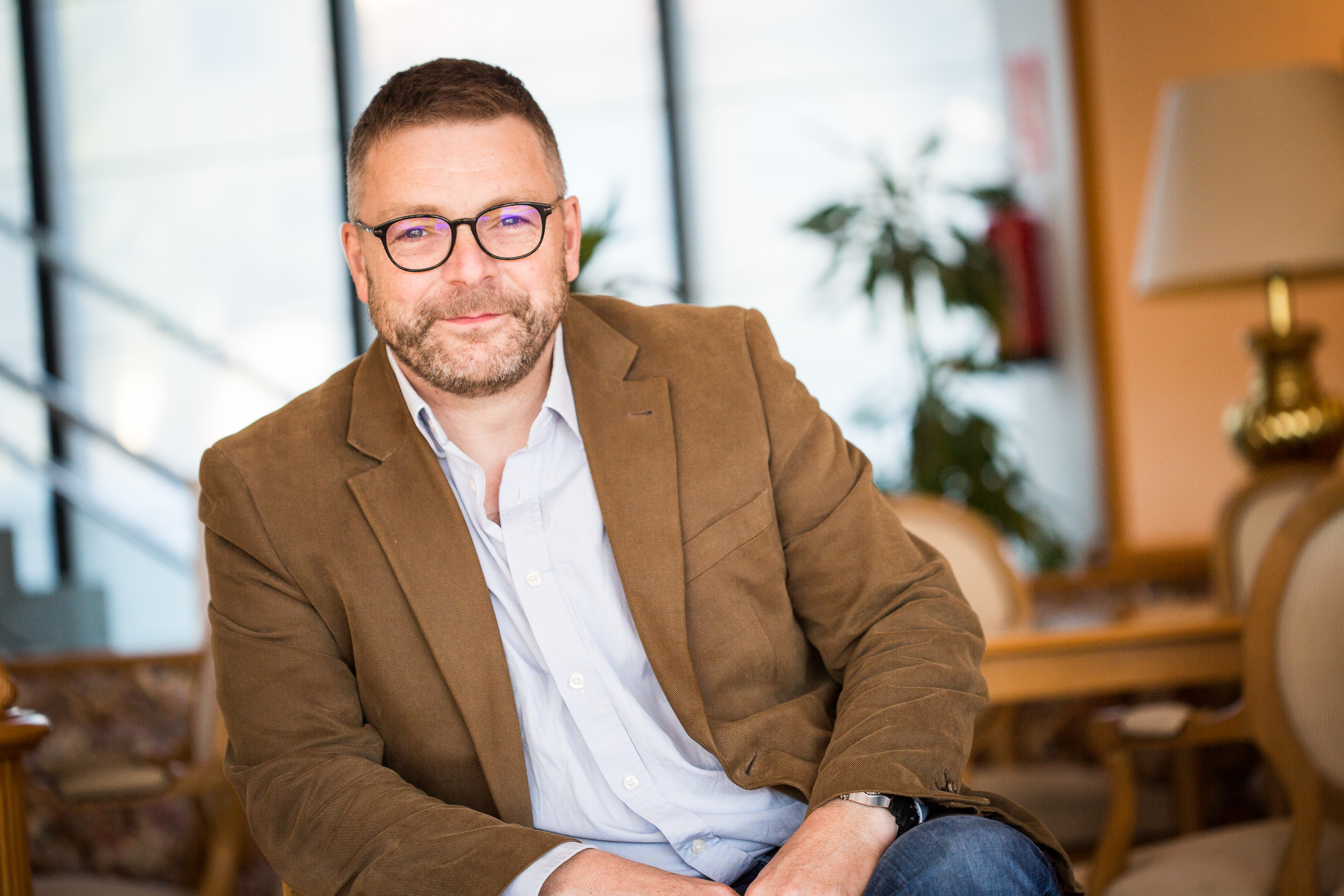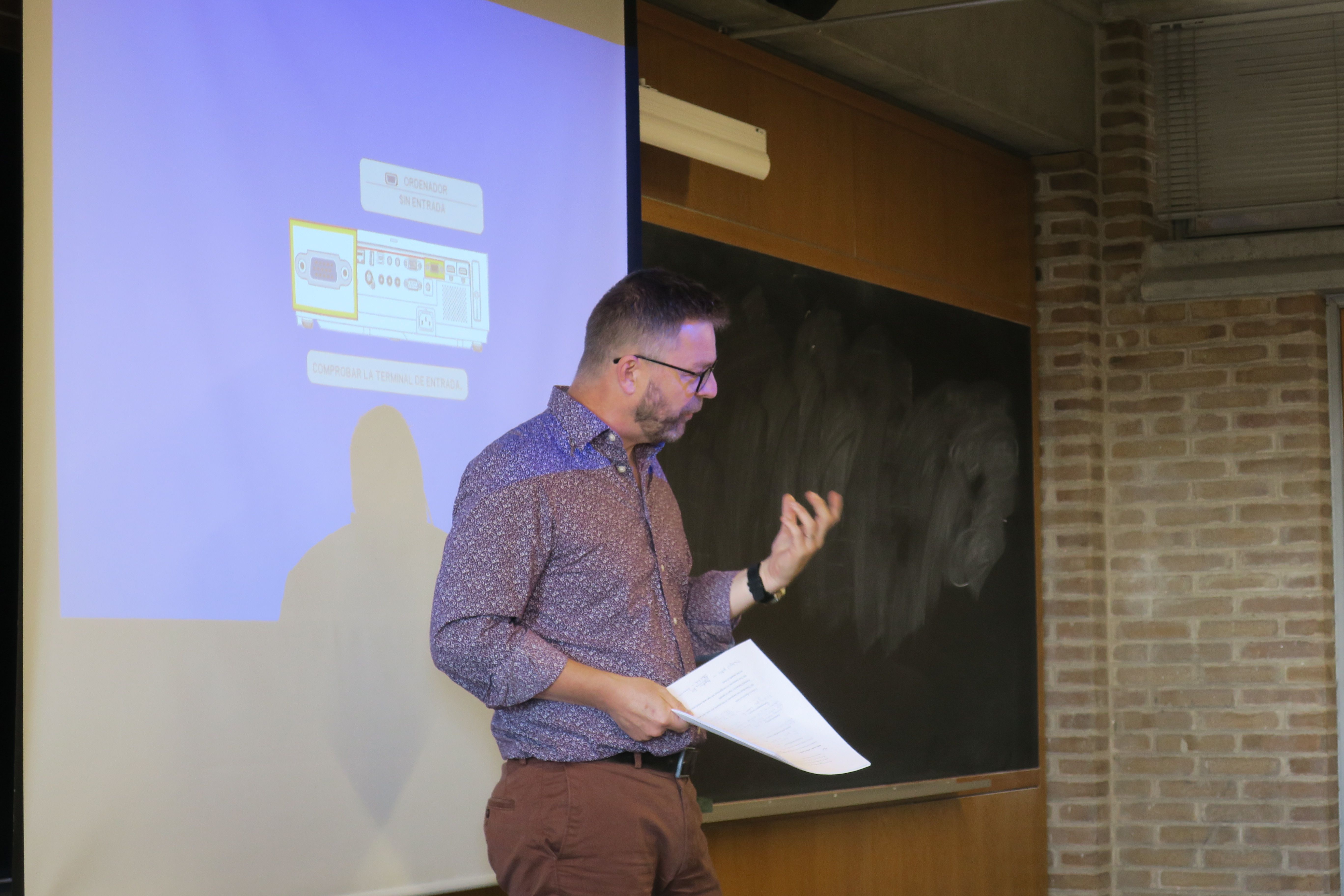Collective residencies / RELIGIOUS BELIEFS / Olot
STEPHEN PLANT
From Wednesday, 27 September 2017 to Friday, 13 October 2017

Bio
Dr. Stephen Plant is Dean and Runcie Fellow at Trinity Hall in the University of Cambridge, where he teaches Christian Theology and Ethics. He is author and editor of several books including Bonhoeffer (Bloomsbury/Continuum 2004) The SPCK Introduction to Simone Weil (SPCK: 2007), Taking Stock of Bonhoeffer (Ashgate: 2014) and After Virtue: Towards a Theology of International Development (Routledge: 2018) – each of which deal, at least in part, with the interaction of Christian theology, ethics and political life. From 2009-14 he edited the journal Theology (SPCK/SAGE). He is an Anglican Priest and has also worked in local ministry and as Europe Secretary of the British Methodist Church.
Project
During my stay in Faber I aim to research write the better part of a biography of the Swiss theologian Karl Barth (1886-1968). By any standard, Barth is one of the most significant Christian theologians of the 20th century; many believe him to be the most important theologian of the modern era. My plan during the Residency is to write a first draft of a central chapter in the book covering the years 1933 and 1934. This was the period when Barth was at the centre of opposition to Nazi state interference in Church life, culminating in the Barmen Declaration –written by Barth– which marks the high-water mark of speaking truth to power.
Sometimes it is the unexpected part of a journey that is the most significant
When I applied to join the Faber Residency I planned to write a chapter of a biography of the theologian Karl Barth covering the tumultuous year 1933, in which he was caught up in resisting Nazi efforts to bully the churches into submission. In a famous pamphlet in 1933 – which sold 37,000 copies in the year before the Nazis banned it – Barth wrote that in the middle of a political crisis the proper thing for a theologian to do was ‘to carry on theology, and only theology … as if nothing had happened’. It wasn’t that politics didn’t matter: after all, Barth’s opposition would result in his expulsion from Germany in 1935. But in a period of political upheaval what the Church and the World need from theologians is better, clearer, more faithful theology.
This Residency has coincided with Catalonia’s independence Referendum, with a General Strike. As I watched people in Olot voting, and days later march peacefully through the town to gather to protest against violence, I was struck, by the coincidence of some of the themes I am researching and events taking place around me.
I came to Olot to step away from daily life in order to think without interruption. It turned out that life is happening here too, and with great immediacy and significance. I came to write history, only to find history being made. In ways I didn’t plan in a chapter of a book about a Christian theologian trying to be true to his convictions in Nazi Germany, a shaft of light from the Catalonian sun is going illuminate what I see.

